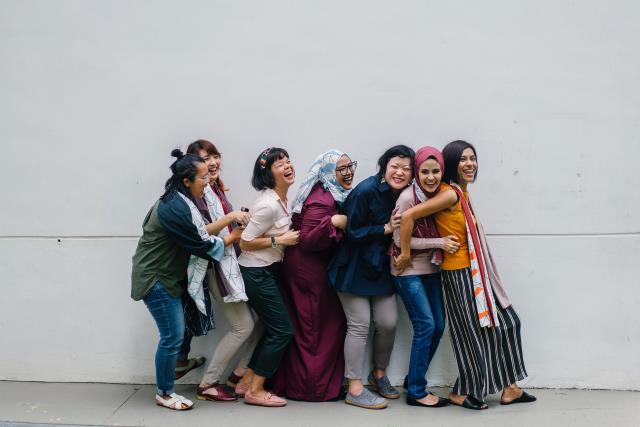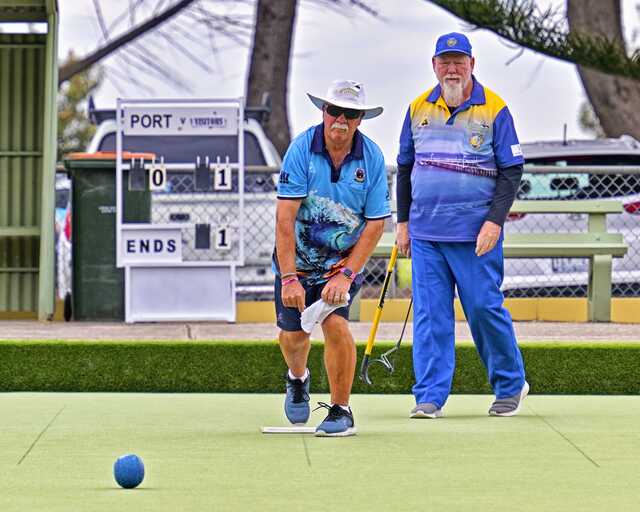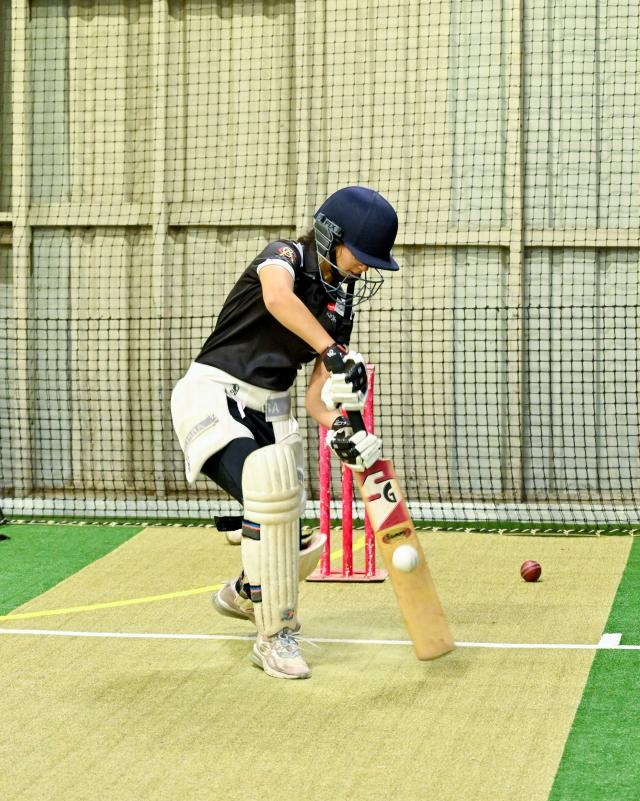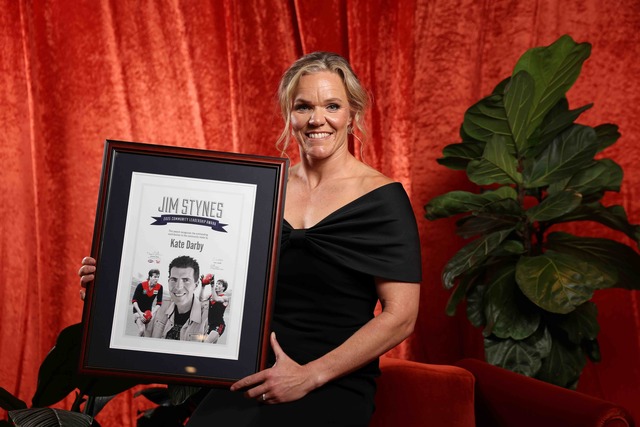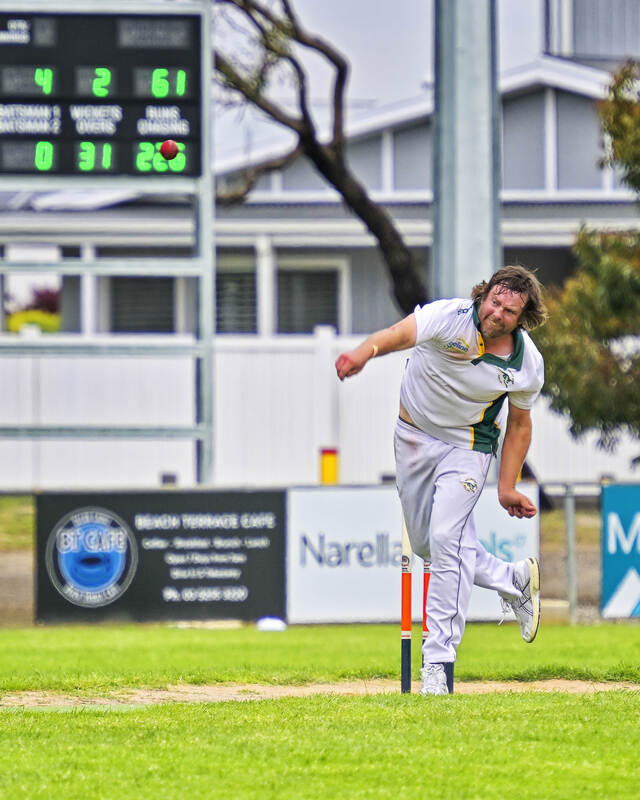Women and gender-diverse people within Barwon South West can share their experiences accessing healthcare to better understand and address barriers in the region.
Women’s Health and Wellbeing Barwon South West (WHWBSW) will launch a consultation project on May 12 to identify sexual or reproductive service challenges through public surveys and focus groups.
Chief executive Jodie Hill said consultations aimed to capture a broad range of experiences and insights to inform future regional service planning and advocacy efforts.
“In our communities, particularly those in the more regional spaces or the outskirts of Geelong, there’s a bit of distance to services,” she said.
“We’ve also heard about long wait times to access services, sometimes with people waiting weeks for a fairly simple procedure or service.
“Sometimes lack of confidentiality and stigma associated with sexual and reproductive health services can be a bit challenging for people in small communities as well.”
WHWBSW’s project followed recommendations from the Mapping Access to Sexual and Reproductive Health Services in Regional Victoria research report.
The report between WHWBSW, Deakin Rural Health, and the Centre for Australian Research into Access highlighted challenges in accessing sexual and reproductive healthcare across the region.
A key finding in the research found that there was an urgent need for targeted actions to address sexual and reproductive healthcare access in rural areas.
“Inequity across the BSW will require further inquiry at the local level to understand community needs and specific barriers to access,” the report concluded.
“Understanding the barriers and facilitators women face in accessing sexual and reproductive health services within the rural context is necessary for developing comprehensive healthcare policies and interventions.”
Ms Hill said she wanted to hear from everyone through the surveys within the community to provide “living colour and real-life stories” behind the research data.
“We would love to hear from both sides of the story; the women who are seeking the services and the professionals who are providing the services,” she said.
“As many voices as possible are important here, so we would love to hear from anybody who’s had an experience of trying to access services, whether it’s good or bad.
“People might have examples of really good services available, and we can use that to advocate for more of the same, or people might have examples of where they’ve had real challenges.
“Most people working in the space are obviously doing their very best to provide excellent services to women, but they are working as part of a system and can see some challenges as well.”
Survey responses are confidential, and people can visit WHWBSW’s website to share feedback until June 6.

